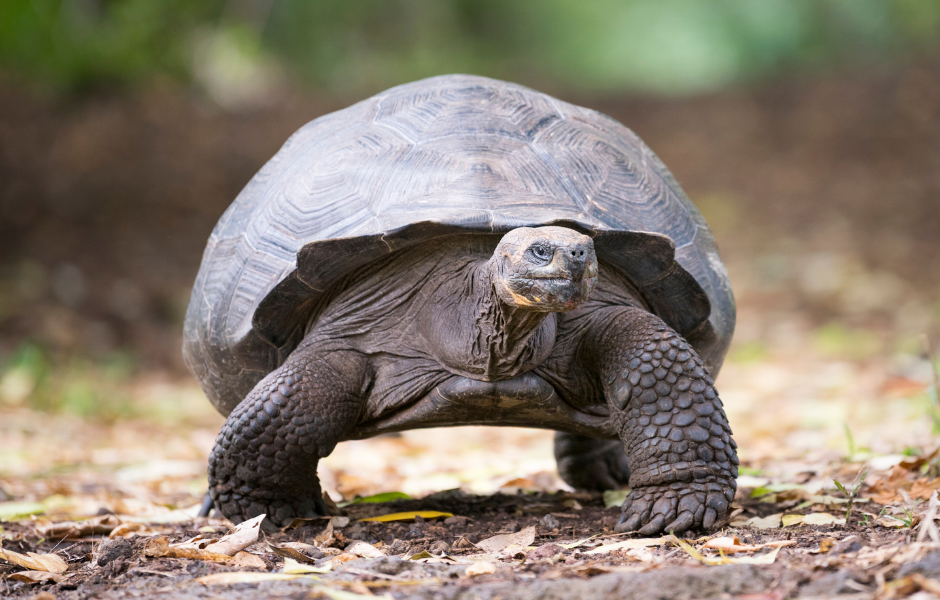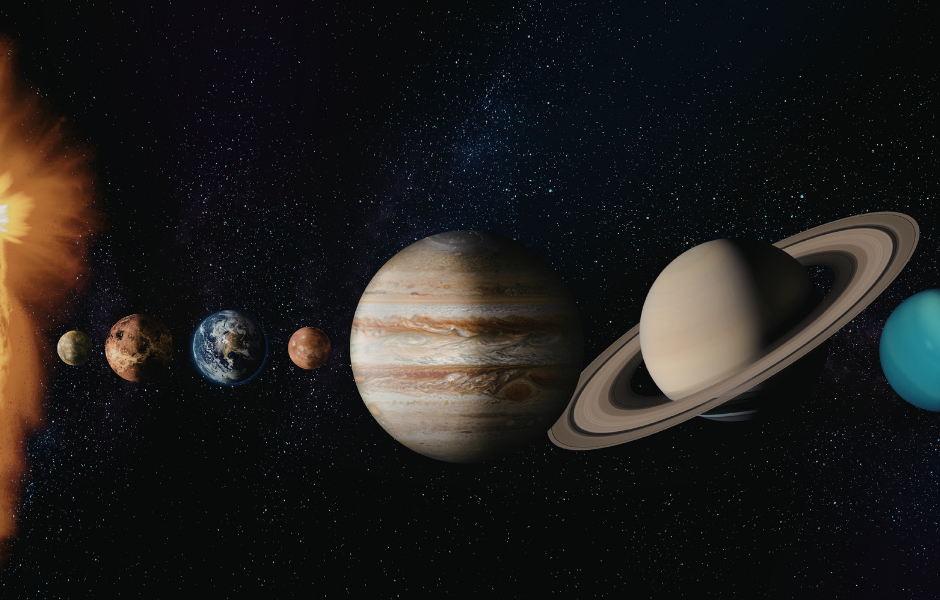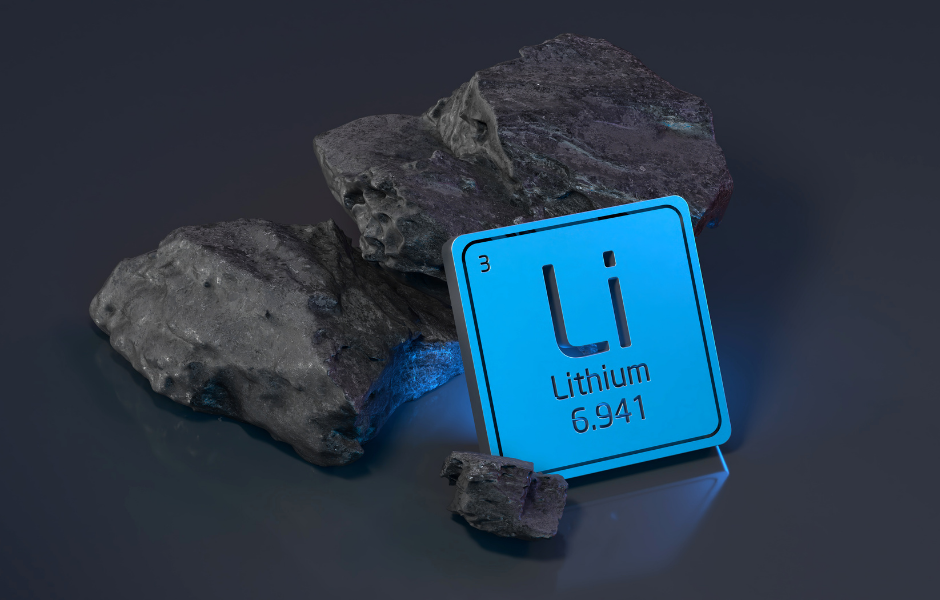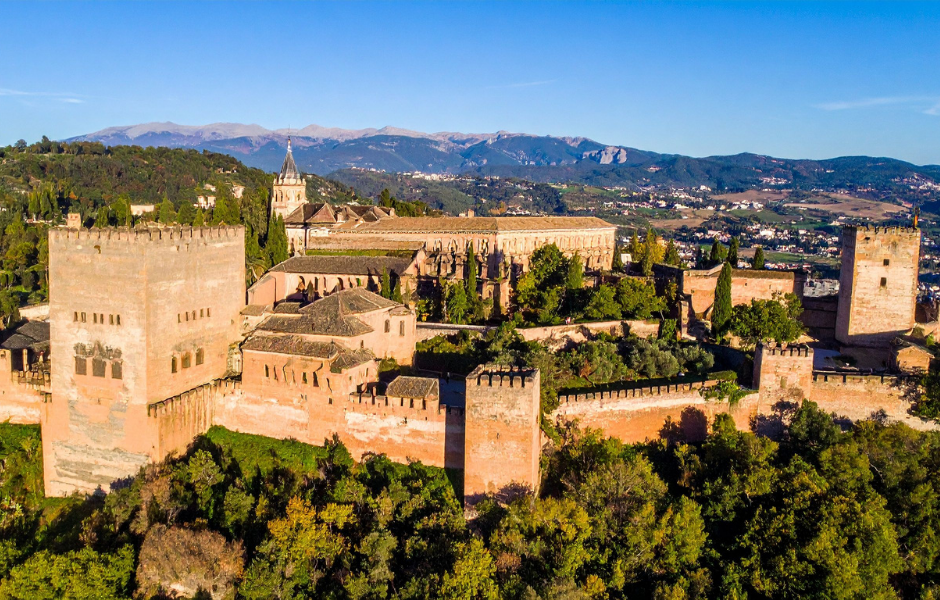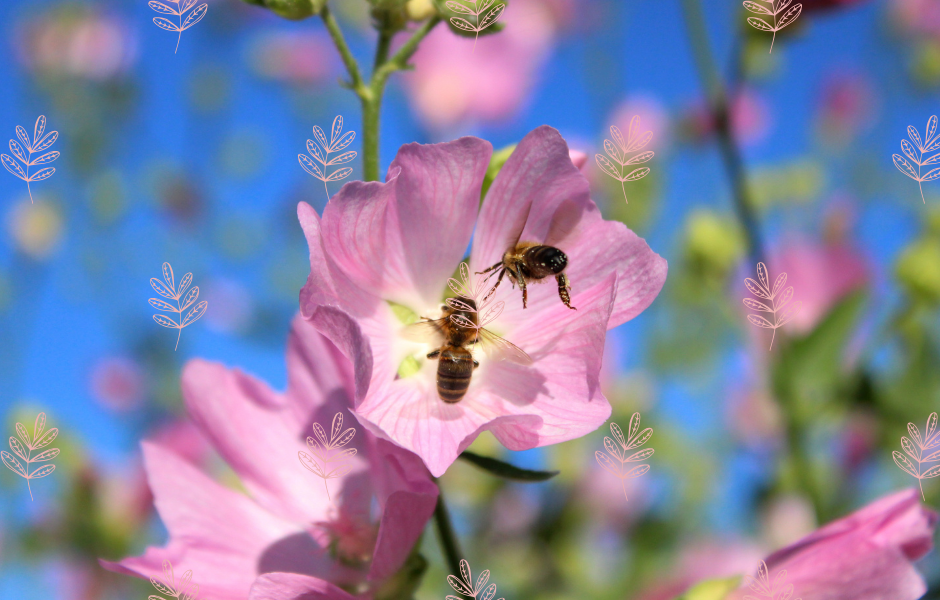
This children’s article, Why we need bugs: 5 surprising ways insects help us, has been written for native English speakers and learners of English as a second or foreign language. It can help children practise reading and comprehension, build vocabulary, and discover the important role insects play in nature and in our daily lives. Written by Sinead O’Carroll, an experienced teacher and writer.
Five brilliant things bugs do
Insects might be small, but they’re some of the most important creatures on our planet.
Without bugs, life on Earth would be very different, and not in a good way!
Here are five surprising ways insects help people, animals, and the planet every single day:
1. They help grow our food
Bees, butterflies, beetles, and other insects are pollinators. This means they help plants make seeds by moving pollen from one flower to another. Pollen is a powdery substance that flowers need to grow fruit and new plants.
When a bee visits a flower to collect nectar, some pollen sticks to its body. Then, when it visits the next flower, the pollen rubs off, and that helps the plant grow fruit or seeds!
Without pollinators, many of our favourite foods, like apples, strawberries, pumpkins, and even chocolate, might not grow at all.
2. They clean up the planet
Insects like flies, beetles, and ants help with decomposition. This means they break down dead plants, animals, and even bits of rotting food. When these things decompose, they turn into tiny bits that go into the soil and help new plants grow big and strong.
Without insects doing this important job, old leaves, dead animals, and waste would pile up all around us. Insects are like nature’s clean-up crew, quietly tidying up the planet every day!
3. They control pests
Some insects eat other insects that damage crops or spread diseases. Ladybirds, for example, love eating aphids – tiny bugs that hurt plants. This helps farmers grow food without using lots of harmful chemicals.
4. They’re food for other animals
Insects are a key part of the food chain. Birds, frogs, bats, and even some mammals eat insects. Without bugs, many animals would go hungry, and ecosystems wouldn’t work properly.
5. They inspire science and medicine
Scientists study insects to learn more about how the natural world works. Some insects have even helped invent new materials or medicines. For example, the way beetles’ wings fold has inspired engineers to design better machines.
So next time you see a bug, remember: it might be tiny, but it’s doing something amazing.
Want to learn more? Visit the Royal Entomological Society for fun facts and insect news.
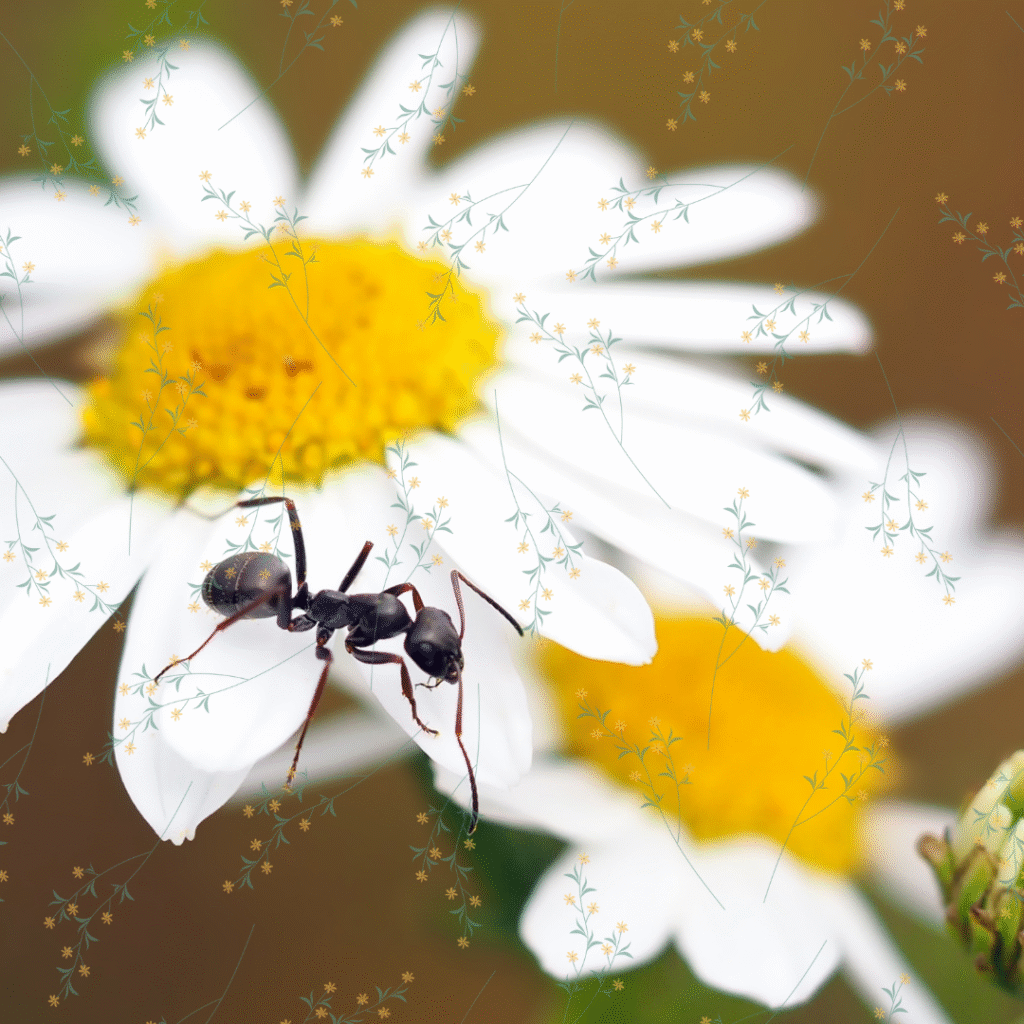
Article vocabulary list
- Pollinators – Animals (often insects) that help plants make seeds by moving pollen between flowers.
- Decomposition – The natural process of breaking down dead plants or animals into useful nutrients.
- Aphids – Small insects that suck the juices from plants and can harm them.
- Ecosystem – A system of living things and their environment working together.
- Nutrients – Substances in soil or food that help living things grow and stay healthy.
- Medicines – Substances used to help treat or cure illnesses or injuries.
Comprehension questions
Just click the plus (+) to see the answer
1. What is one job that pollinators do?
a) Eat animals
b) Help plants grow seeds
c) Dig tunnels
Answer: b) Help plants grow seeds
2. Which insects help with decomposition?
Answer: Flies, beetles, and ants help break down dead plants and animals.
3. What do ladybirds eat?
a) Bees
b) Leaves
c) Aphids
Answer: c) Aphids
4. Why are insects important in the food chain?
Answer: They are food for many other animals, like birds, frogs, and bats.
5. How have insects helped scientists?
a) By teaching them to sing
b) By inspiring inventions and medicines
c) By cleaning their labs
Answer: b) By inspiring inventions and medicines
Sinead is a writer and EFL teacher with eight years’ experience. She’s a native English speaker who loves making news stories fun and easy to understand for children around the world. Her passions include travel, animals, and helping to make the world a kinder, more sustainable place.

